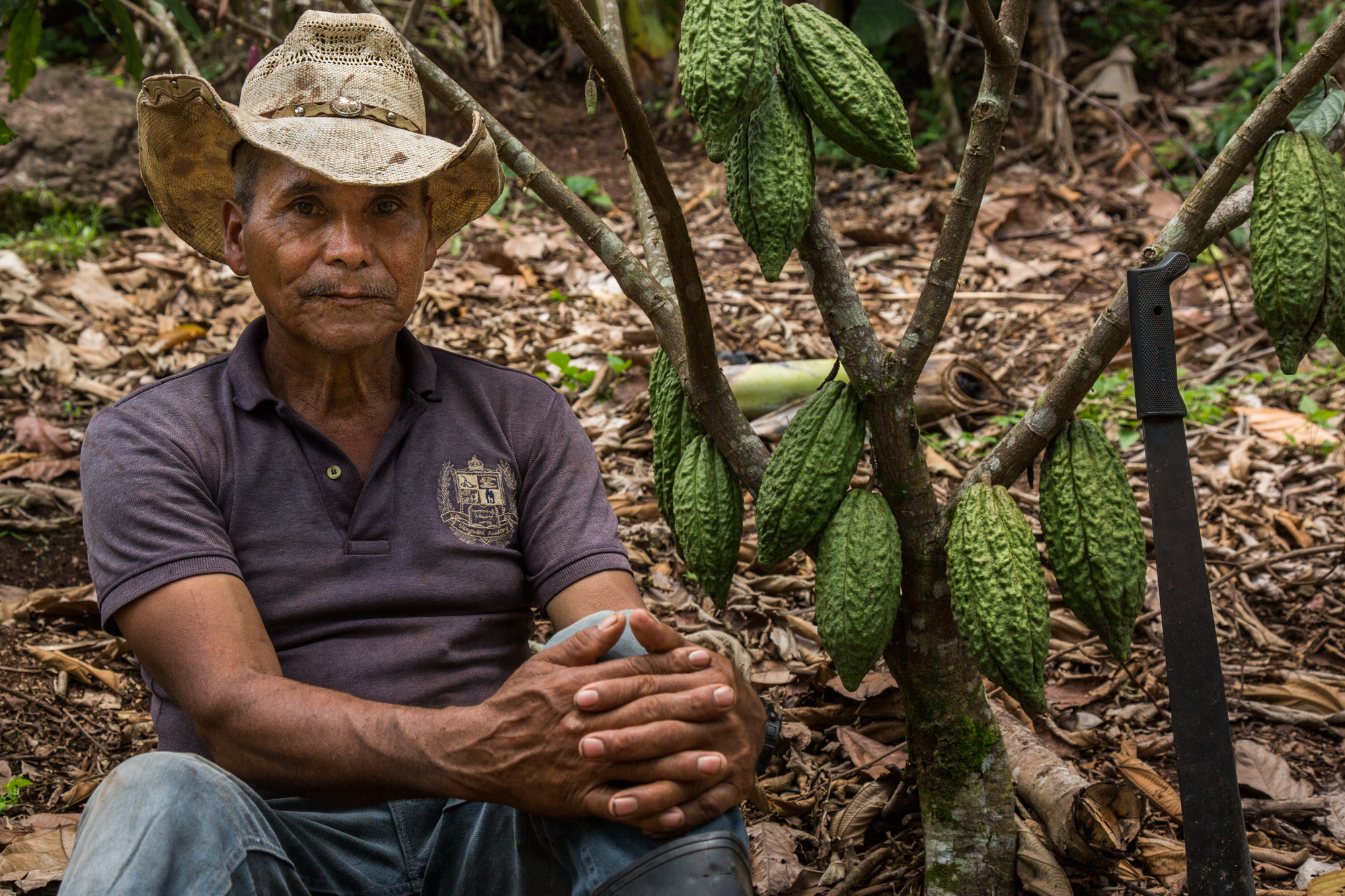
Education can drastically improve smallholder farmers lives who need to position themselves in industries like cocoa and coffee.
ABN AMRO is promoting sustainable finance in LATAM
Liesbeth Kamphuis and her colleague Emilie Ottervanger are ABN AMRO’s kingpins of a new innovative lending concept known as Impact Banking.
The idea behind Impact Banking is simple. Farmers are given a loan of several hundred dollars to buy fertiliser or new planting materials in order to increase their production and eventually improve their standard of living. ABN AMRO and its commodity clients jointly take on the risk of the loan. Compared to traditional loans, Impact Banking does not focus on the return but on the impact on people and the planet first.
LATAM is clearly not the only place in the world to face this challenge as stated by Liesbeth who first experienced Impact Banking while visiting Uganda:
“It could just as well have been a coffee plantation in Vietnam or a palm oil company in Sumatra.” said Liesbeth Kamphuis
Finance and education
The power of Impact Banking also resides in Education for example to train farmers about the effect fertilisation can have on their cocao harvests or the basic principles of a company balance sheet. Most of them never ever went to school. As a result, what they are being tought through these courses could drastically change their lives.
Impact Banking is about giving farmers access to finances but also training and guidance. Ottervanger says,
“Don’t forget that these farmers often have big gaps in their knowledge about things we simply take for granted. There are stories about fertiliser programmes which failed in the past – not because of the quality of the fertiliser, but because the farmers just put it on their plants in one go.”
Trapped in poverty
The biggest problem for these farmers is to get access to finance. Before granting a loan, lending institutions always want to see a balance sheet. Smallholder farmers don’t have this for the simple reason that they have nothing to report on. Their only assets are a few old cocoa trees, which have no value after a couple of decades when they stop bearing pods.
The little income they had drops further, making it even harder for them to buy fertiliser and new trees, and ruining their prospects for improvement. To reduce costs, they often put their children to work on the farm. The children inevitably “inherit” the farm one day, with the result that these families stay trapped in poverty for generations.
Impact Banking represents a new opportunity for these farmers to improve their lives. The combination of finance and training should help them grow their revenue and thus improve their standard of living.
Read more here



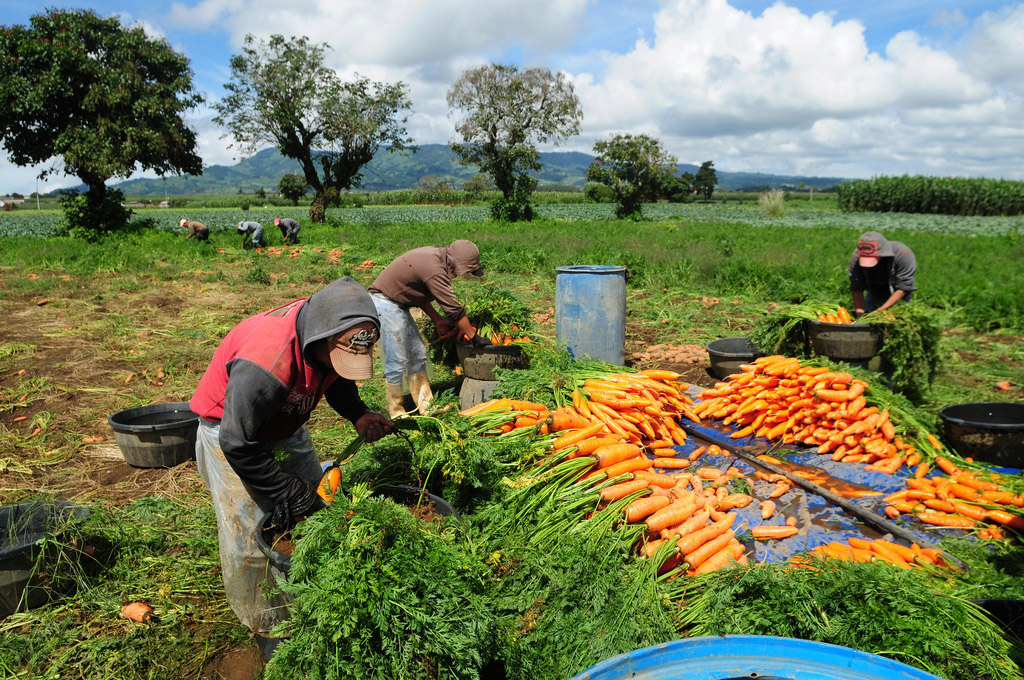



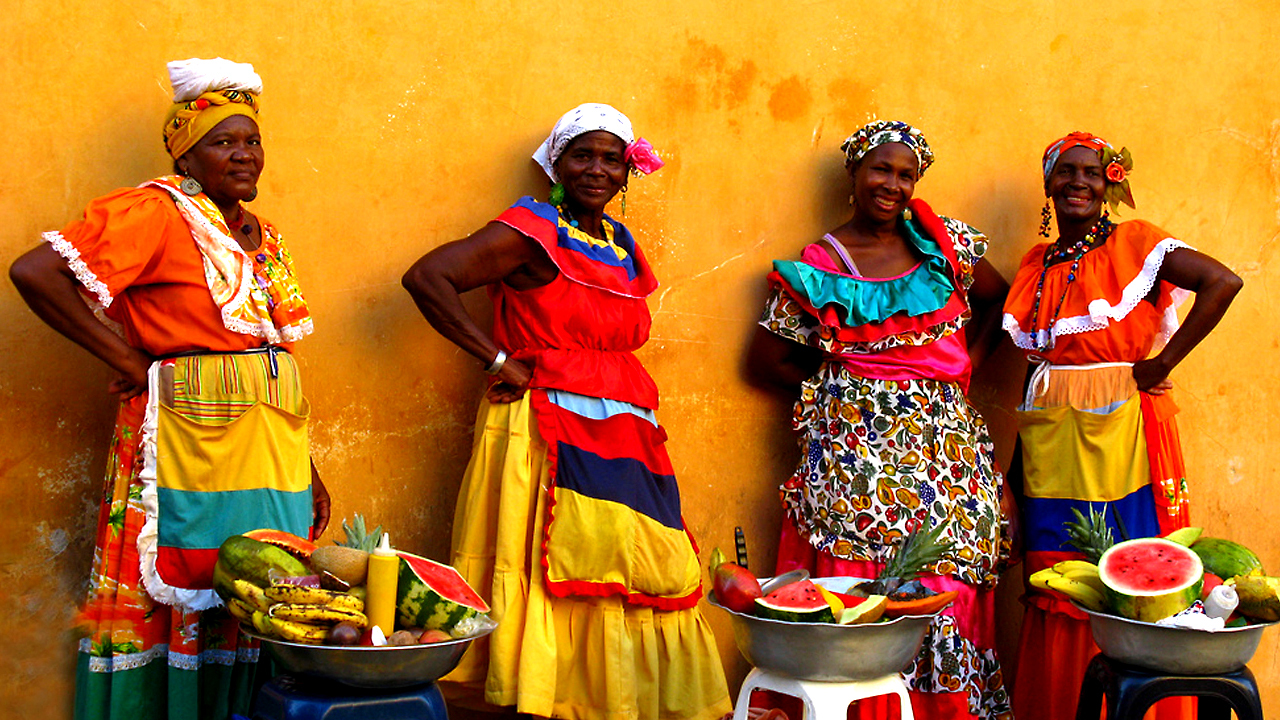
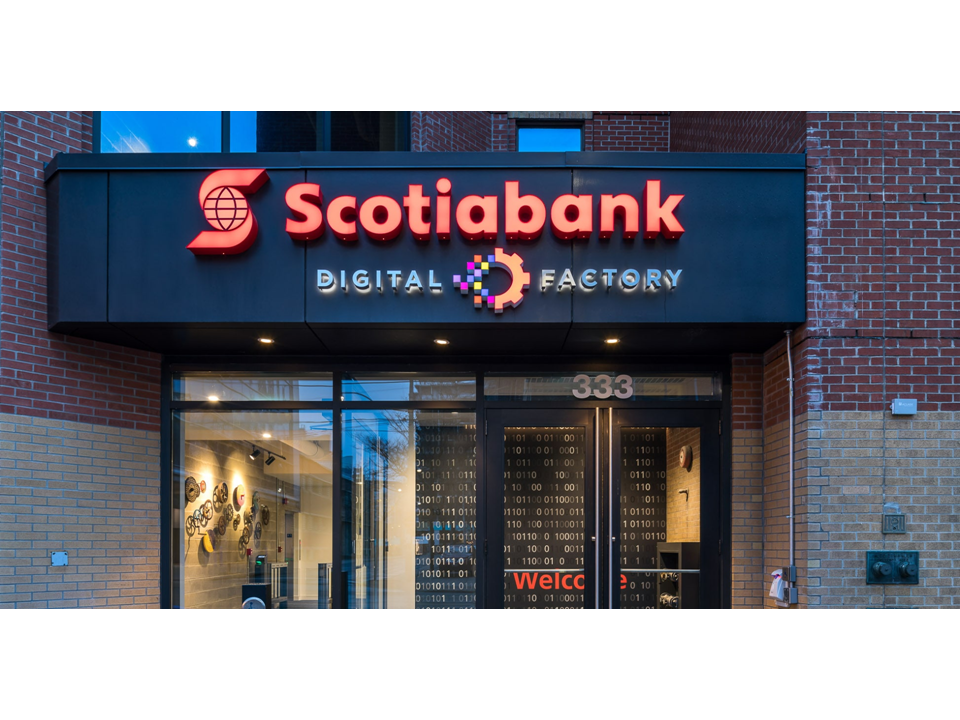
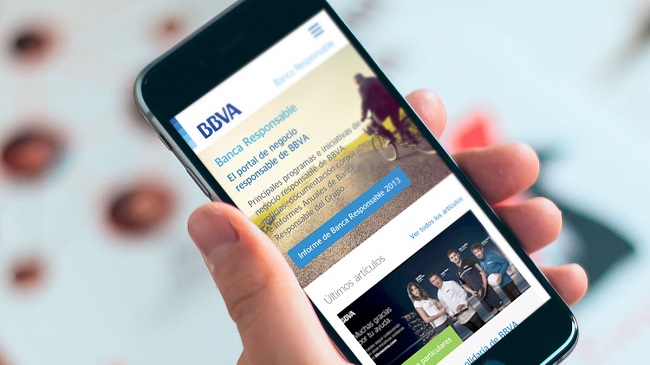

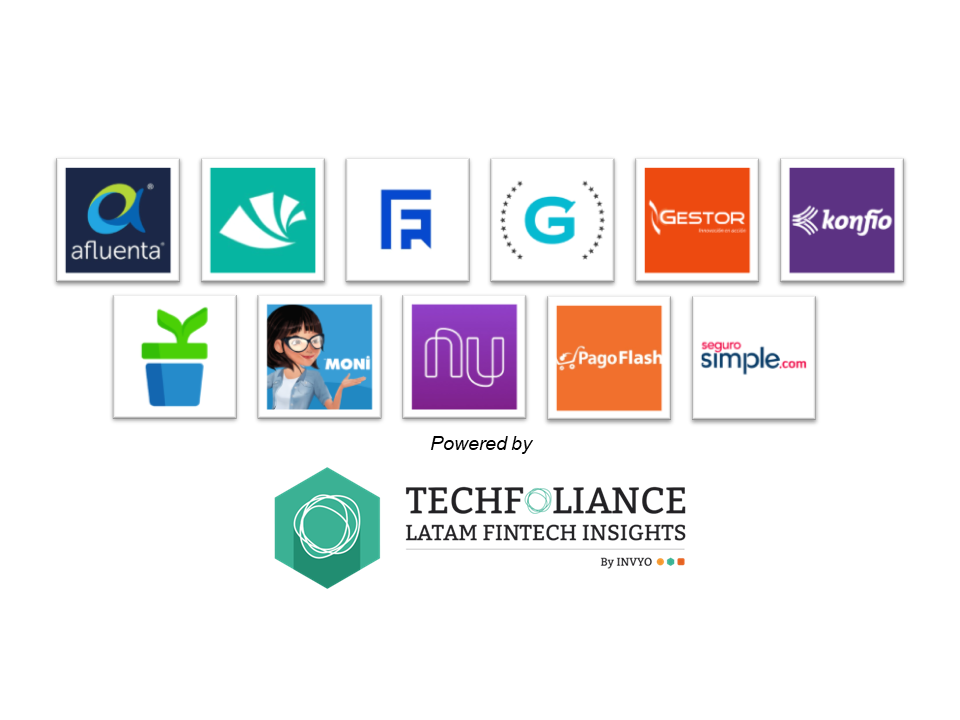
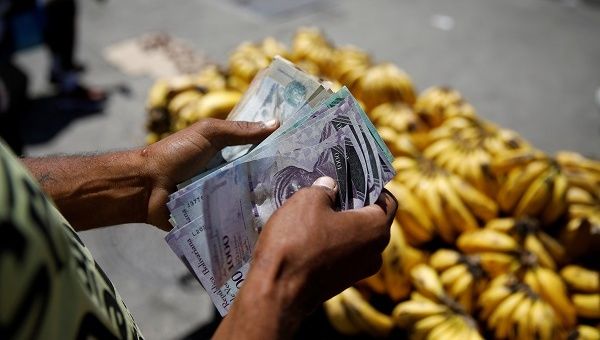
[…] See also: ABN AMRO sees Impact Banking as the future in LATAM […]